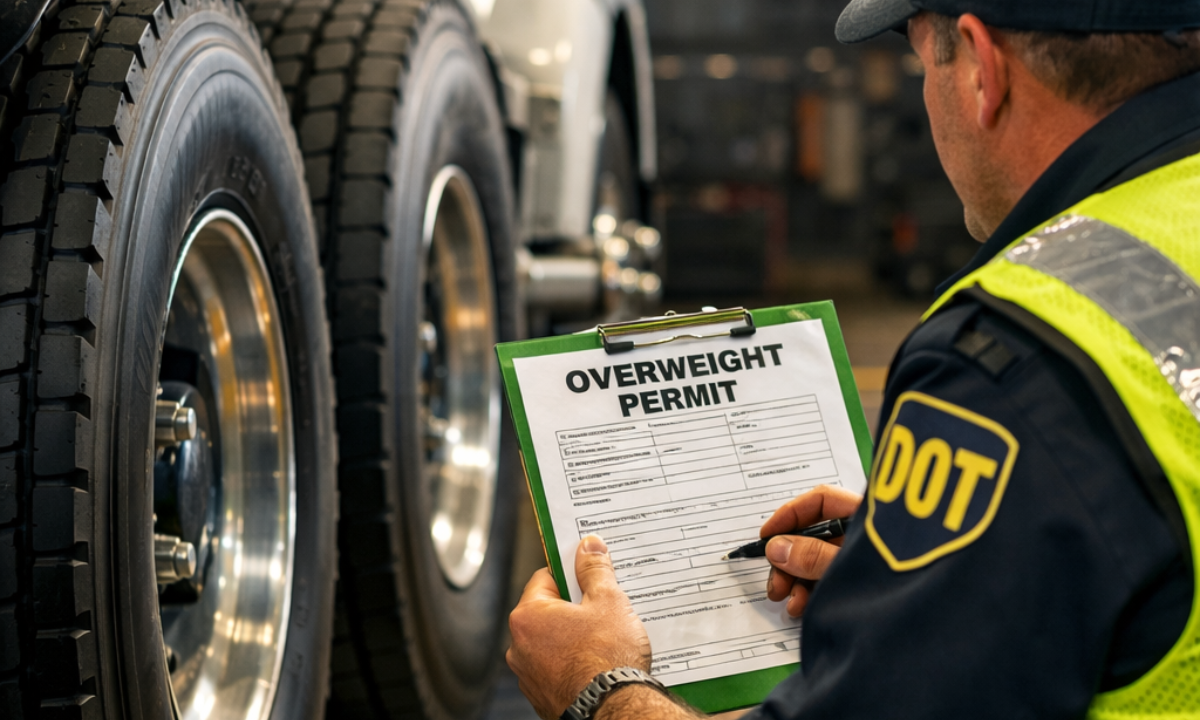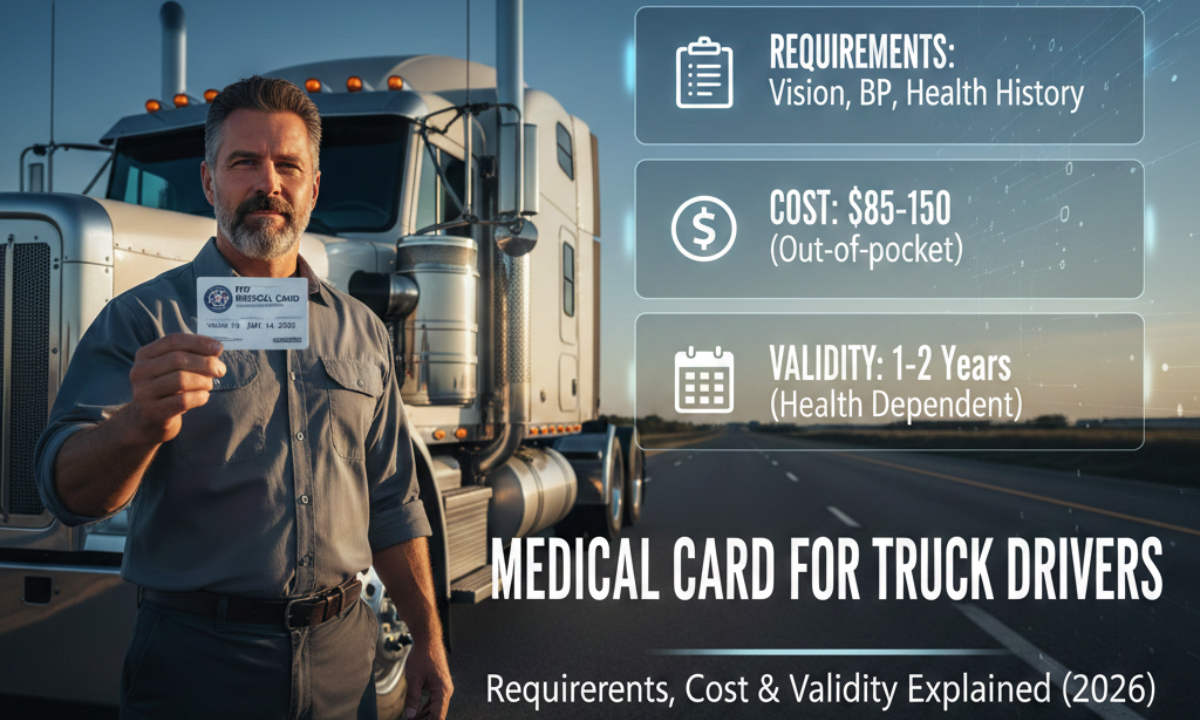Will a company pay for my CDL training?
Will Companies Pay for CDL Training?
Commercial driver’s license training opens gates for driving successful careers in trucking. Unfortunately, for most new drivers, the costs of training, which usually run between $3,000 and $8,000, can be a hindrance to obtaining one. To cut costs or pay fully for the license fee, most trucking companies now have sponsorship programs for CDL training. However, it is crucial for aspiring new drivers to know how these programs function and learn their advantages before getting into any commitments.
Why Companies Offer Paid CDL Training
Demand for qualified drivers is ceaseless for most companies in the trucking business. Many carriers lure new talents into their companies by ensuring that they pay tuition assistance or entirely financially support training programs so that they can secure their clients in exchange for professional opportunities without the financial burden of going through a traditional CDL school.
How Company-Sponsored CDL Training Works
This is what usually happens about company-paid CDL training:
- It incorporates enrollment in a partnered CDL school funded by the carrier.
- Training on specific equipment owned by the company and possibly some industry-standard safety practices.
- In exchange for that financial support, there is an obligation to work for some period (usually 6 months to 2 years).
- Gradually frees the driver off repayment-an amount paid for the training is forgiven when the driver completes the duration of agreed employment.
In this case, both the carrier and the driver benefit, but they must have a very sensible consider upon the terms, however.
Advantages of Company-Paid CDL Training
- No upfront tuition costs – Lower Financial Barriers.
- Job security– Guaranteed position behind the wheel when training’s finished.
- Real-life application: direct experience with equipment, freight, and safety protocols.
- Structured career paths: clear transition from training to employment within the same company.
Potential Downsides to Ponder
Although the benefits are large, some things that drivers should also consider:
- Employment obligations: Early termination from the organization may trigger a repayment clause.
- Job mobility restriction: Most drivers become wedded to one carrier throughout the contract period.
- Different training programs: Some may be shorter or really intense compared to independent CDL schools.
- Lower starting pay: In some cases, starting pay is somewhat lower than those trained independently.
Comparing Company-Sponsored vs. Independent CDL Schools
| Factor | Company-Sponsored Training | Independent CDL School |
| Cost | Often free or reimbursed | $3,000 – $8,000 upfront |
| Job Placement | Guaranteed with sponsor company | Requires independent job search |
| Flexibility | Limited (bound to one company) | Greater freedom to choose employer |
| Commitment | 6–24 months typically | No employment contract |
This thus compares why some drivers choose to be independent as opposed to those who would welcome such a program in sponsoring their programs.
How to Select the Most Suitable Program
Drivers should:
- Examine carriers that provide great paid-up CDL programs.
- Understand clearly the contract terms, especially the conditions of repayment.
- Verify the FMCSA accreditation of the program to ensure compliance.
- Compare the pay packages and benefits offered post-training.
Conclusion:
Indeed, a lot of trucking companies sponsor training for a CDL license. Yet, drivers should compare the long-term work commitment to the short-term financial savings. For those wanting to come in with little money upfront, company-sponsored programs are the easiest way into the industry. However, understanding contractual obligations and aligning them with career goals ensures the decision supports both financial stability and professional growth in the trucking industry.
Disclaimer: The information provided in this blog post is for general informational purposes only. While we strive to keep the content accurate and up to date, we do not guarantee its completeness, reliability, or accuracy. Any actions you take based on this information are strictly at your own risk. We are not responsible for any losses, damages, or inconveniences that may arise from the use of this blog.












